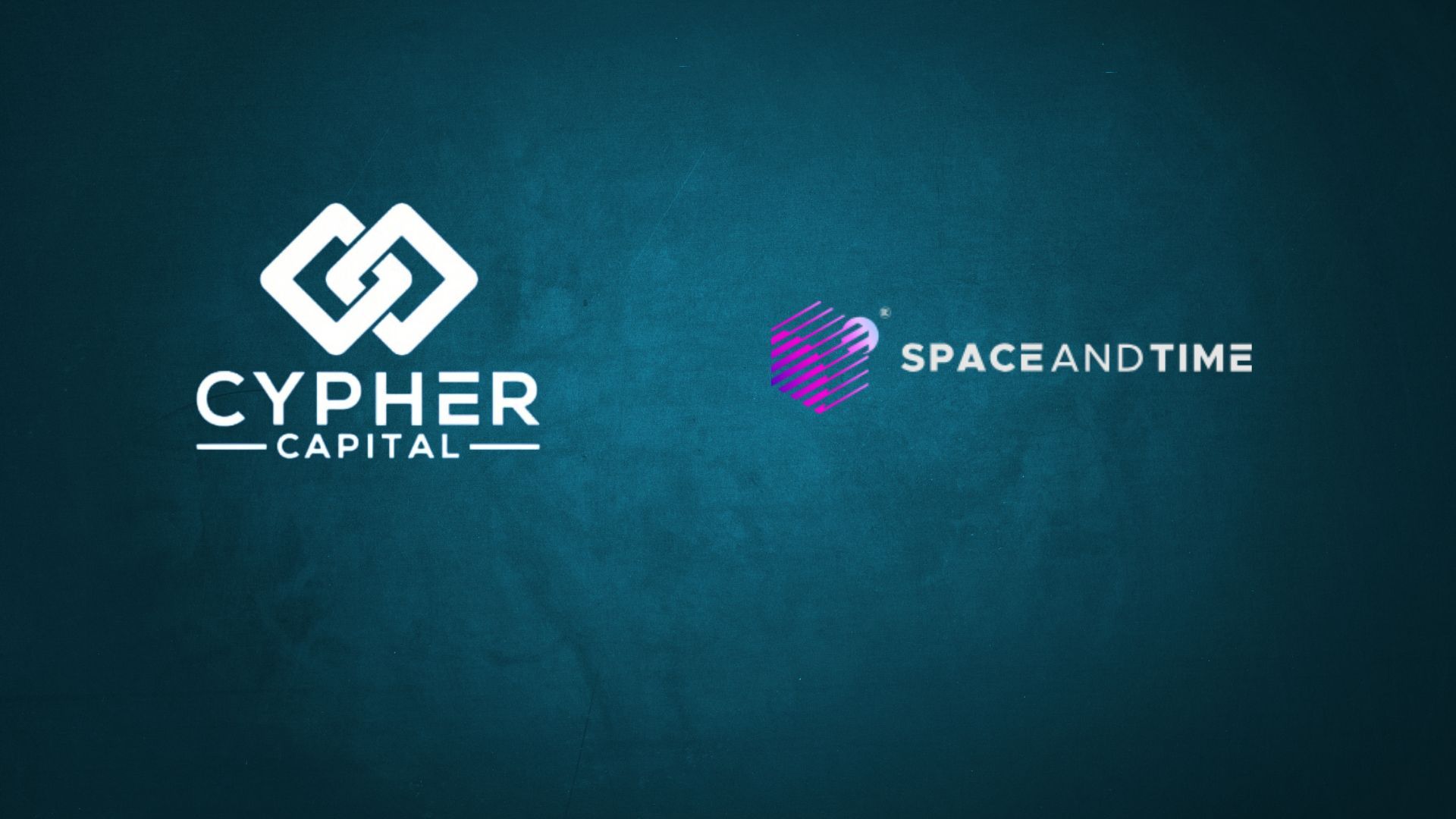South Korea’s financial regulator, the Financial Services Commission (FSC), announced digital asset investors are to receive interest when depositing funds into South Korean exchanges by July 2024. The FSC, however, said non-fungible tokens (NFTs) and central bank digital currencies (CBDCs) are excluded from this benefit.
According to local media reports, the South Korean Financial Service Commission (FSC) plans to release legislative guidance stating that by July 2024, investors in digital assets must receive interest when depositing funds into an exchange. The FSC, however, excludes CBDCs and NFTs from its law.
NFTs and CBDCs Excluded from Interest Benefits
On December 10, local media outlet News.nate.com published an FSC notice stating, “Interest will be paid on investor deposits to be implemented in July of next year.” The report explains starting from July 2024, investors in virtual assets will receive interest in return for depositing money when using crypto exchanges. NFTs and CBDCs are reportedly excluded from this benefit.
The FSC intends to enact the “Enforcement Decree and Supervisions Regulations of the Virtual Asset User Protection Act”, stipulating the abovementioned content. Deposit tokens linked to NFTs and CBDCs are excluded from the scope of virtual assets under the law.
The report details that despite the exclusion of NFTs, exceptions do apply. If tokens are classed as NFTs but function as payment methods and are issued in large numbers, they fall into the virtual asset classification. They may thus be eligible to bear interest when deposited into exchanges.
Exchanges to Separate User Deposits
According to the report, the FSC clarified how virtual asset operators are to handle user deposits. The FSC notes exchange must separate user deposits from their own assets and must entrust user deposits to a bank. The FSC also mandates exchanges store 80% of the economic value of coins in a cold wallet, as hot wallets are often vulnerable to incidents such as hacking.
Mitigating the Risks of Hacks
The FSC also introduced measures to address incidences of hacking and cyber vulnerabilities. According to the FSC, virtual asset operators must acquire insurance, sign up for mutual aid or accumulate reserves. Under the FSC’s decree, over 5% of virtual assets' economic value in hot wallets must be insured with a compensation limit or accumulated as a reserve.
The FSC further explained that blocking users’ deposits and withdrawals is prohibited but allowed when necessary, such as in the event of a hack or cyber vulnerability. This, however, is only permitted when requested by the courts, investigative agencies, and financial authorities.
South Korea Further Clarifies Regulation On Virtual Assets
South Korea’s FSC is on a mission to ensure absolute clarity regarding virtual asset regulations. In addition to its newly proposed interest mandate, the financial regulator issued draft rules mandating companies holding or issuing cryptocurrencies to disclose their holding in financial statements from 2024. Domestic companies must also disclose information regarding profits book value and the estimated market value of their crypto.
Disclaimer: This article is provided for informational purposes only. It is not offered or intended to be used as legal, tax, investment, financial, or other advice.





